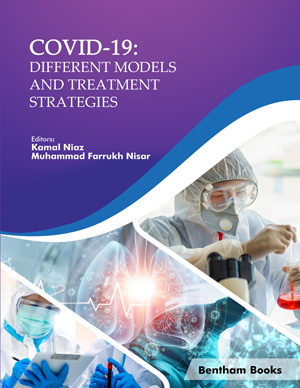Abstract
Background: The global outbreak of COVID-19 was first reported in Wuhan, China, in the late 2019. The origin of the infection is still unclear. Over time, it spread to 150 countries in the world, due to which, the World Health Organization (WHO) declared the infectious disease to be pandemic.
Objective: COVID-19 transmitted to India due to the arrival of travelers from other countries. The transmissibility and epidemicity of COVID-19 in India are exponential. So, in order to understand the above characteristics, specifically COVID-19 status in India has to be analyzed. To gain better insight on the matter, the state of Kerala is selected. The epidemiological characteristics of patients in Kerala, South India, and the possible transmission of COVID-19 from asymptomatic members to other peers are shown describing certain cases.
Methodology: The COVID-19 dataset is taken from the Kaggle dataset. This dataset contains the details of the infected patients from different states of India. Statistical analysis techniques were used to analyze the distribution of the affected cases in a particular state.
Case Presentation: The analysis shows that there is a possibility of the transmission of infection even during the incubation period. The recent trend in the number of infected cases in India is discussed.
Conclusion: The transmissibility of COVID-19 and its epidemicity in India are discussed. Specifically, a case study on COVID-19 cases in the state of Kerala relating transmissibility is also summarized. Further, data related to patents on coronavirus is also discussed. From the analysis, it can be concluded that there is a possibility of COVID-19 transmission even during the incubation period. The preventive measures to overcome COVID-19 and methods to increase immunity are discussed.
Keywords: COVID-19, incubation period, transmissibility, infection, epidemic, Kaggle dataset.
Graphical Abstract
[http://dx.doi.org/10.1016/j.micinf.2020.01.004] [PMID: 32032682]
[http://dx.doi.org/10.3390/jcm9020538]
[http://dx.doi.org/10.2807/1560-7917.ES.2020.25.5.2000062] [PMID: 32046819]
[http://dx.doi.org/10.1093/infdis/jiaa077]
























